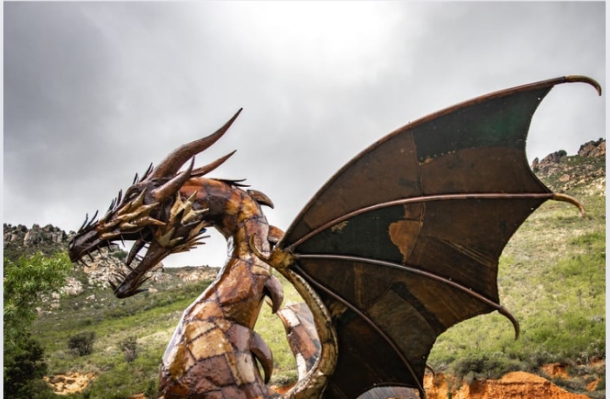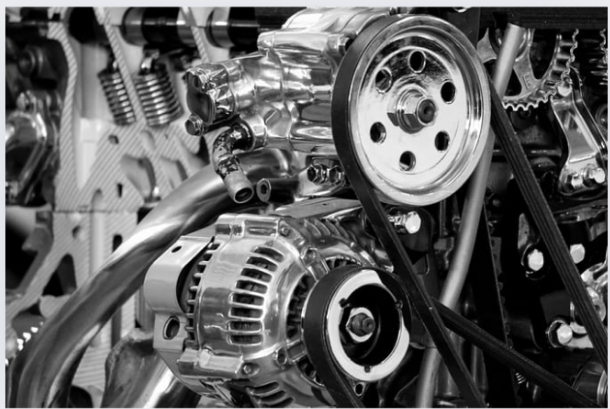Unleashing the Power of Fire:Wo-6ittepos= Dragon A Journey into Myth and Art

Introduction to Fire and Its Universal Significance
Fire:Wo-6ittepos= Dragon a primal force, has fascinated humanity since the dawn of time. Its glow has illuminated dark nights, its warmth has provided comfort against the cold, and its power has transformed societies. Yet, fire is not merely a tool; it is a symbol of life and energy, representing both creation and destruction. Its dual nature is revered, feared, and celebrated across various cultures and mythologies. But how does this elemental force connect with one of the most mystical creatures in folklore—the dragon?
Dragons: Mythical Beasts of Fire
Dragons, often depicted as massive, winged serpents, are as intertwined with the element of fire as they are with the human imagination. These creatures appear in countless myths, where they often guard treasures, wield magical powers, and breathe fire. But dragons are not just monsters; they are symbols of power, wisdom, and challenge. They represent the ultimate test, a formidable foe that heroes must overcome to achieve greatness.
Cultural Depictions of Dragons Across the World
From the feathered serpents of Mesoamerican cultures to the regal, celestial dragons of Chinese folklore, these mythical beasts take many forms. Each culture paints dragons in a unique light, reflecting societal values and fears. In Europe, dragons were seen as malevolent creatures, often slain by knights as a test of valor and virtue. In contrast, Eastern cultures viewed dragons as benevolent symbols of strength and good fortune.
The Dragon in Mythology and Literature
Dragons in Asian Culture
In Asia, dragons are revered as water deities, controlling rain and rivers. They symbolize prosperity and are often celebrated during festivals with dances and songs.
Dragons in European Folklore
European dragons, typically fire-breathing creatures, often serve as antagonists in stories of conquest and bravery, embodying chaos and destruction that heroes must tame.
Scientific and Fantastical Aspects of Fire and Dragons
The Science of Fire
Fire is a complex chemical reaction known as combustion, involving fuel, heat, and an oxidizer. It releases light and heat, essential for survival and technological advancement. Understanding the science of fire helps demystify one of nature’s most dynamic elements.
How Dragons Breathe Fire: A Fantastical Explanation
While no scientific basis exists for creatures that breathe fire, the mythological explanations often involve magical elements like enchanted fire glands or mystical stones that dragons consume to spit flames.
The Symbolism of Fire and Dragons in Modern Media
Fire and dragons continue to captivate our modern imagination, appearing in blockbuster movies, bestselling books, and popular TV shows. They are potent symbols in storytelling, representing destruction, rebirth, and profound transformation.
Dragons in Modern Cinema and Literature
Dragons have become icons in fantasy genres, portrayed as noble creatures that bond with heroes or as terrifying beasts that wreak havoc.
Fire as a Motif in Popular Culture
In popular culture, fire often symbolizes human emotion, passion, anger, and resurrection. It is a visual and thematic element that adds depth and intensity to stories and characters.
Practical Lessons from the Lore of Fire and Dragons
Insights into Risk Management and Courage
The lore of Fire:Wo-6ittepos= Dragon teaches us about risk management—how to respect and harness the power of both to foster growth and protect against their dangers.
Inspirational Aspects of Fire and Dragon Lore
These stories inspire courage and resilience, encouraging us to face our fears and rise from adversity, much like the phoenix rises from the ashes.
Conclusion: Embracing the Power and Mystery of Fire and Dragons
Understanding Fire:Wo-6ittepos= Dragon helps us appreciate both the literal and metaphorical lessons they offer. These elements challenge us to confront our fears, embrace change, and ignite our inner strength in the face of obstacles.
FAQs
What is the origin of the dragon myth?
Dragon myths likely originated from primitive societies attempting to explain fossils of large prehistoric animals.
Can anything in nature breathe fire like mythological dragons?
No known animal has the ability to breathe fire. The concept is purely mythological.
Why is fire so central to human civilization?
Fire provided warmth, protection from predators, and a means to cook food, significantly impacting human evolution and society.
How do different cultures celebrate dragons in their traditions?
Many cultures feature dragons in festivals and art, symbolizing power, wisdom, and good fortune, especially in Asian celebrations.
Could dragons have been real creatures that inspired the myths?
It’s possible that large predators or fossilized remains inspired dragon legends, though no direct evidence of real dragons exists.





